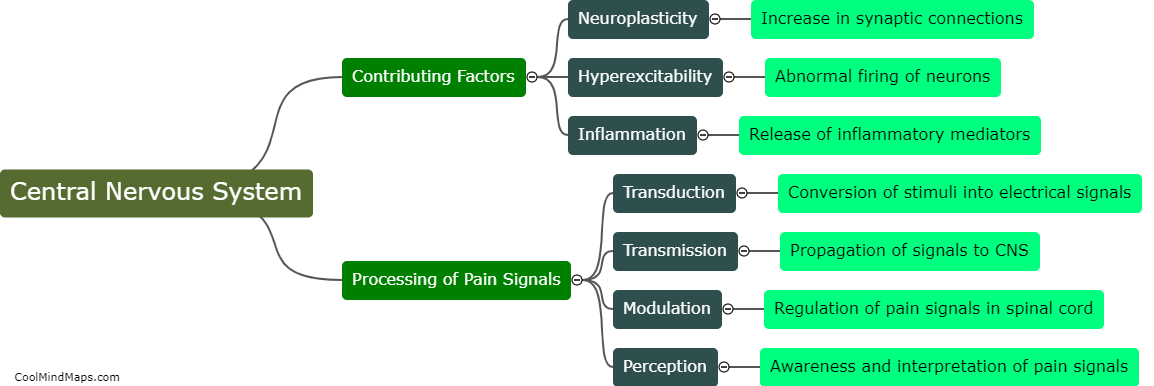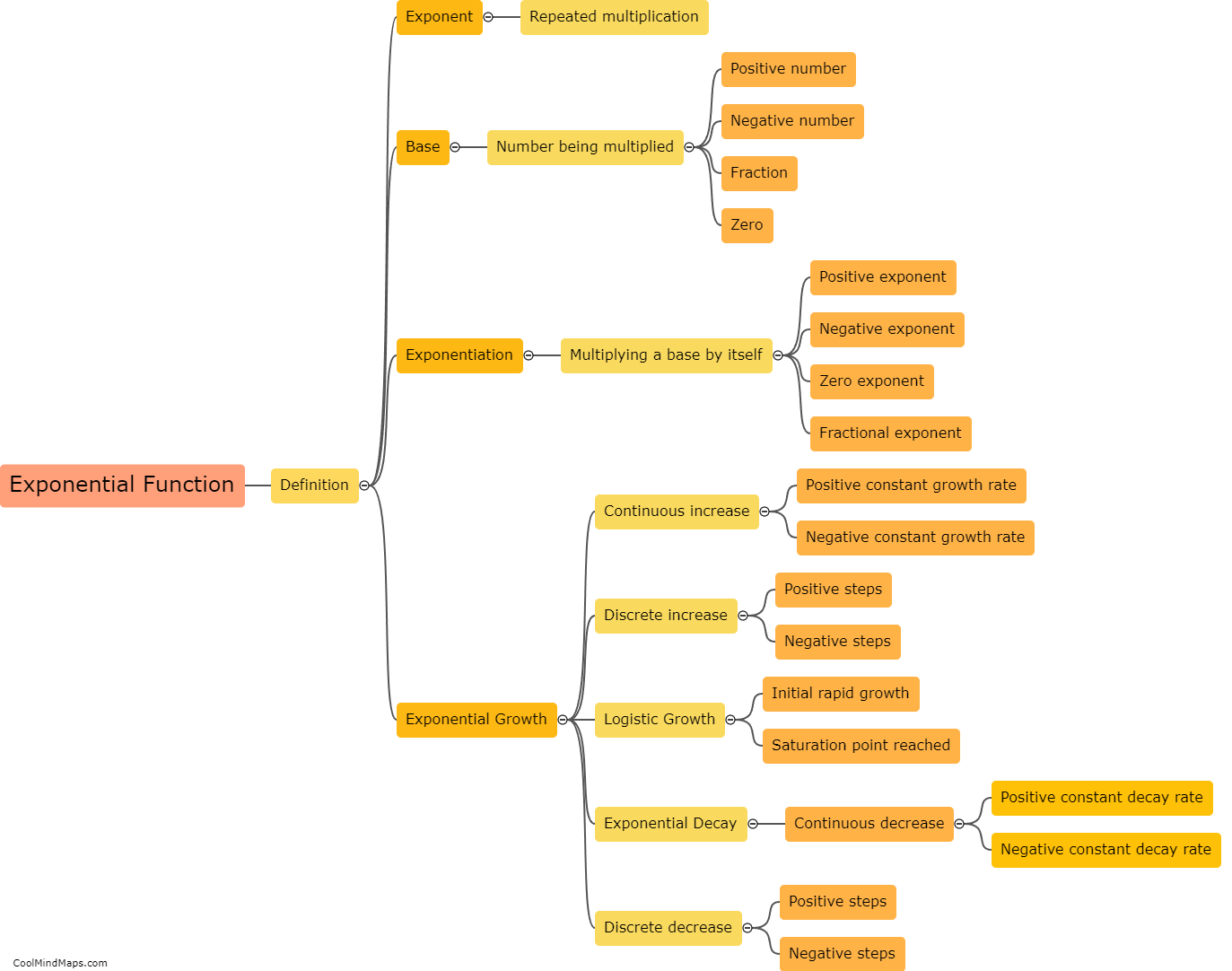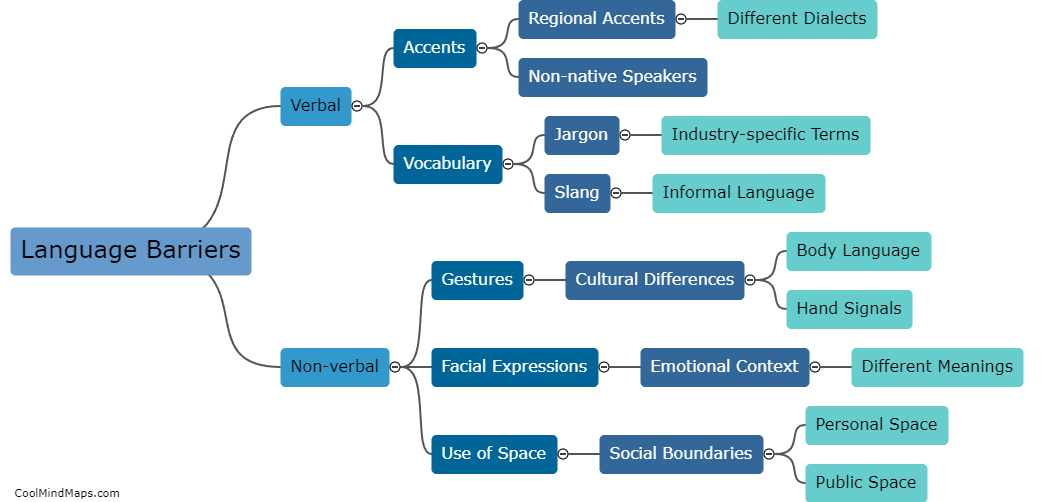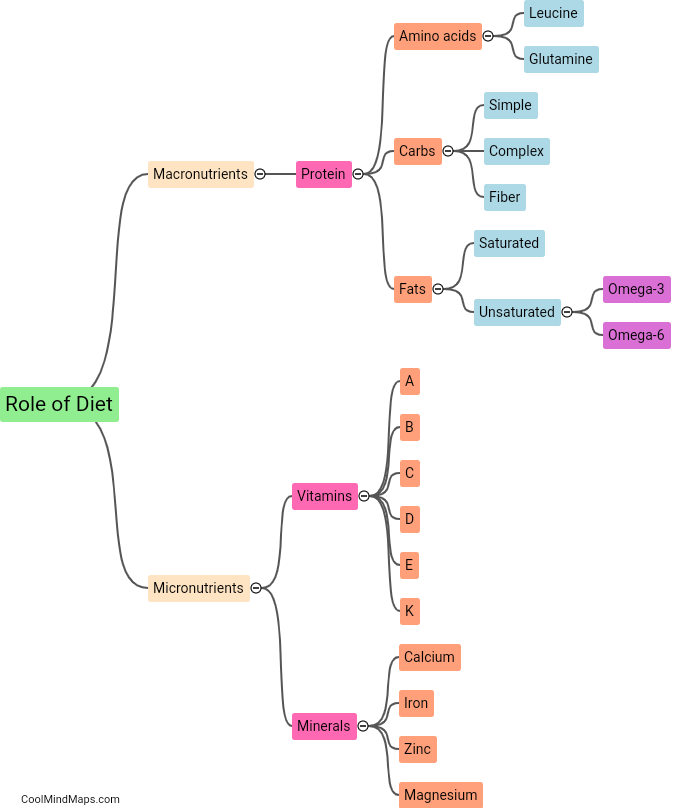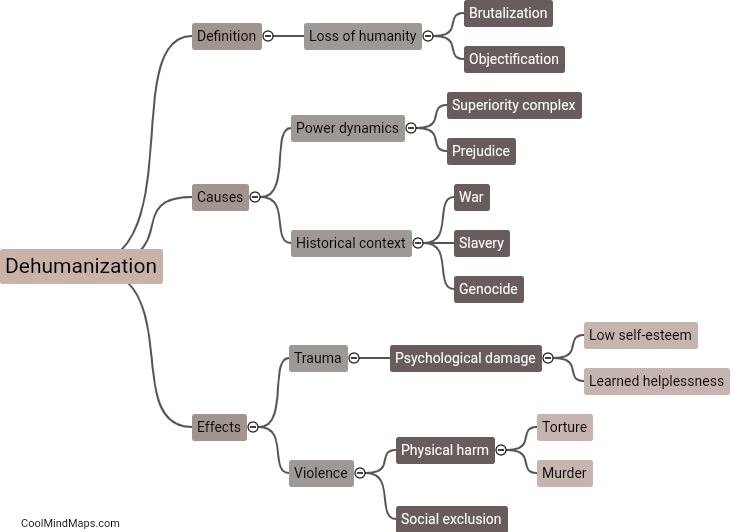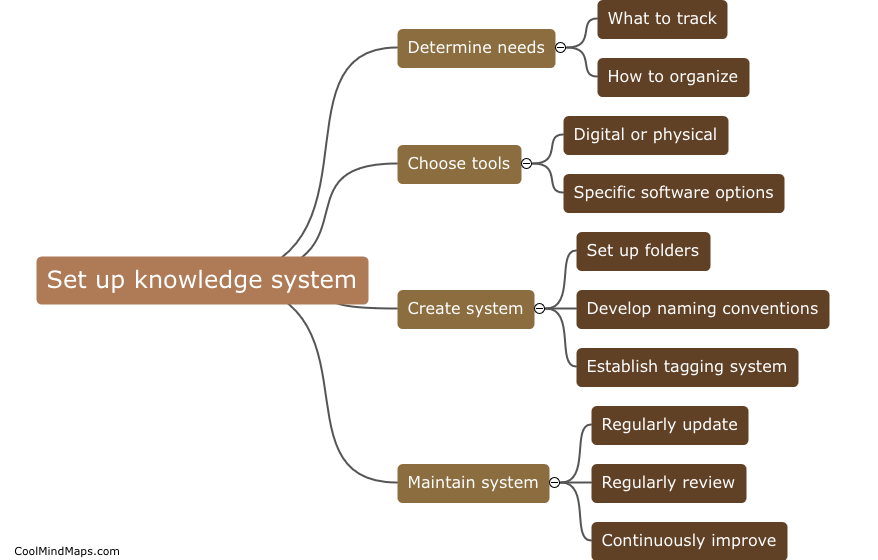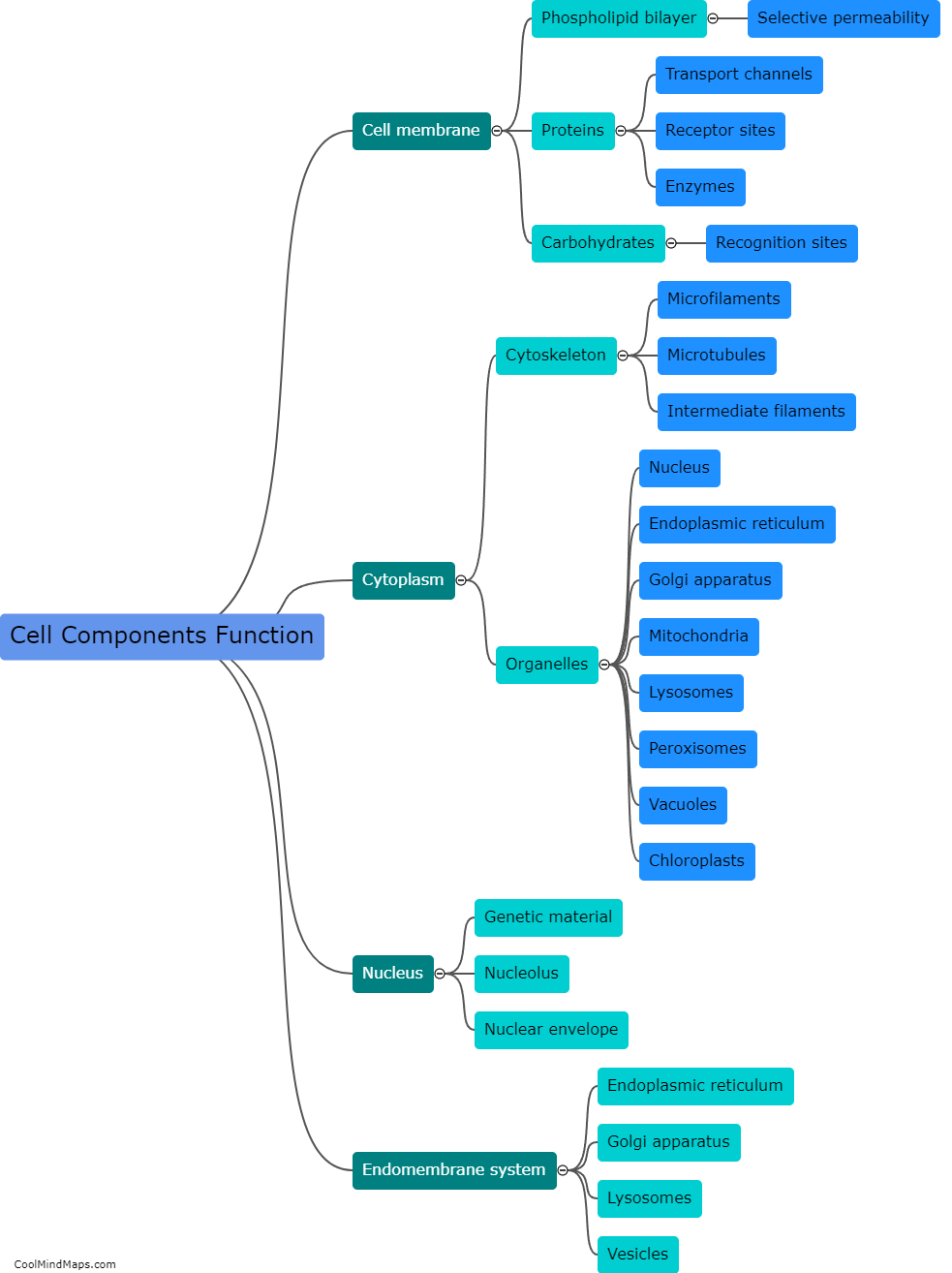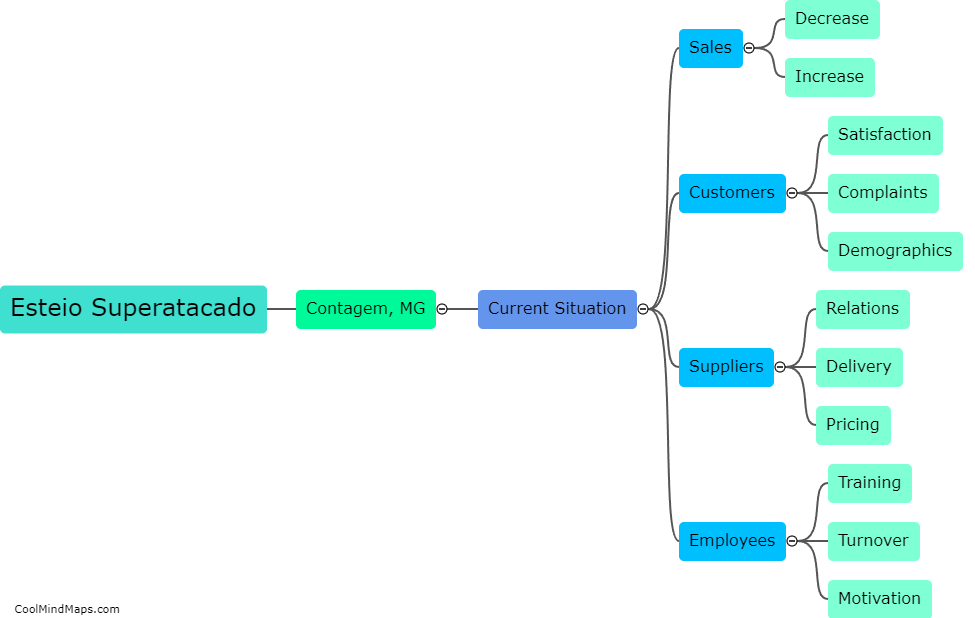How are differentiated citizenships relevant to education?
Differentiated citizenships refer to the varying degrees of political, social, and economic rights and privileges granted to individuals based on factors such as nationality, race, gender, and citizenship status. These differentiated citizenships can have a significant impact on education as they can create disparities in access to educational resources and opportunities. For example, individuals with a higher social and economic status may have better access to quality education compared to those who are marginalized and face discrimination. Additionally, citizenship status can also impact educational opportunities and access to educational benefits such as financial aid and scholarships. Therefore, it is crucial for education professionals and policymakers to address the issue of differentiated citizenships and work towards creating a more equitable education system.
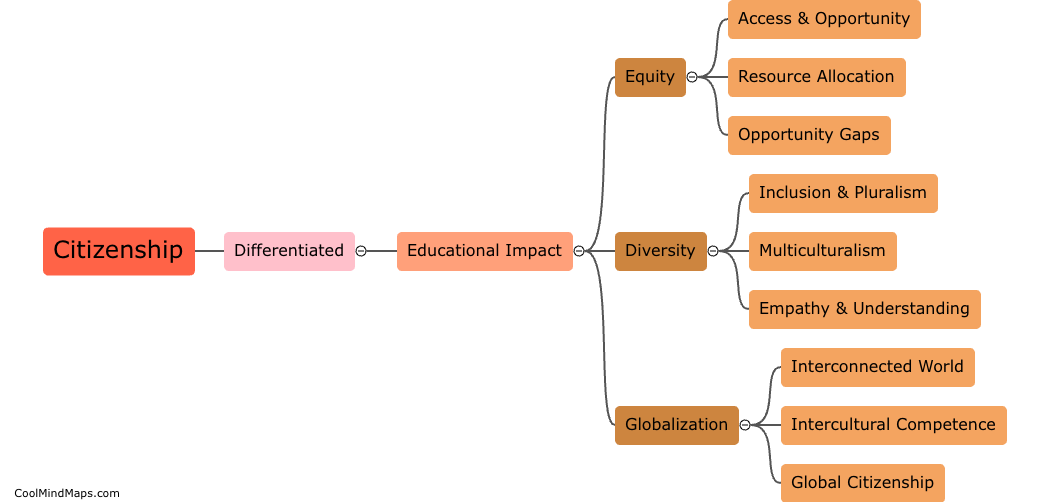
This mind map was published on 16 May 2023 and has been viewed 109 times.

